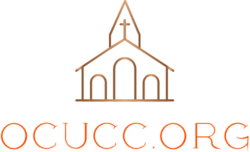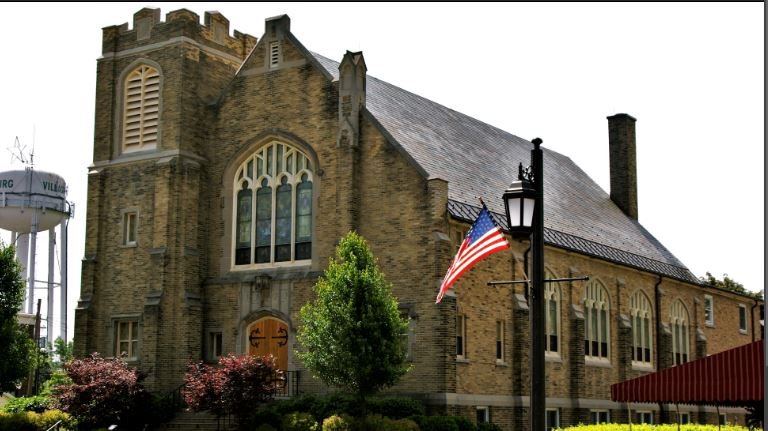The History of the United Church of Christ
The history of the United Church of Christ (UCC) begins with a deep commitment to unity and social justice. The United Church of Christ traces its origins to the merger of several Christian traditions, bringing together diverse backgrounds into a single, cohesive denomination. By understanding the UCC’s history, one gains insight into its values, mission, and the reasons behind its progressive stance on many social issues.

Early Roots and Formation
The UCC’s history can be traced back to the early Christian movements in America. It began with the Congregationalists, who were among the first settlers in New England, seeking religious freedom and forming self-governing congregations. Another key group was the Reformed Church, primarily of German descent, which brought a strong emphasis on personal piety and communal responsibility. Additionally, the Evangelical Synod of North America and the Christian Church contributed to the foundations of what would become the UCC.
In 1957, these traditions officially merged to form the United Church of Christ. This merger was significant because it united diverse theological perspectives and cultural backgrounds under one denominational umbrella. The formation of the UCC represented a bold step toward Christian unity, embodying the belief that different traditions could coexist and thrive together.
Social Justice and Advocacy
One of the defining characteristics of the UCC is its commitment to social justice. From its early days, the UCC has been involved in various social movements, advocating for civil rights, gender equality, and LGBTQ+ inclusion. For example, the UCC was one of the first denominations to ordain women and openly gay ministers. This progressive stance stems from the belief that God’s love is inclusive and all-encompassing.
Moreover, the UCC has played a pivotal role in significant social justice initiatives. During the Civil Rights Movement, UCC leaders marched alongside Dr. Martin Luther King Jr., advocating for racial equality and justice. The denomination’s commitment to social justice continues today, as it actively supports environmental causes, immigrant rights, and economic justice. This enduring dedication to advocacy reflects the UCC’s mission to put faith into action.
Theological Diversity and Inclusivity
The UCC is known for its theological diversity and inclusivity. Unlike many denominations, the UCC does not have a single creed or doctrinal statement that members must adhere to. Instead, it embraces a “covenantal” approach, where congregations are bound by mutual agreements and shared values rather than rigid dogma. This flexibility allows for a wide range of beliefs and practices within the denomination.
This theological diversity is evident in the UCC’s worship styles, which can vary significantly from one congregation to another. Some churches may have traditional liturgical services, while others might incorporate contemporary music and informal worship settings. This inclusivity extends to all aspects of church life, welcoming individuals from diverse backgrounds and experiences to participate fully in the community.
Global Mission and Outreach
The UCC’s history also includes a strong emphasis on global mission and outreach. The denomination has long been involved in international humanitarian efforts, supporting education, healthcare, and disaster relief initiatives worldwide. This global perspective is rooted in the belief that faith calls for action beyond local communities, reaching out to those in need around the world.
The UCC partners with various global organizations to address issues such as poverty, hunger, and human rights abuses. By supporting these initiatives, the UCC demonstrates its commitment to living out the gospel message in tangible ways. This global mission work highlights the denomination’s dedication to making a positive impact both locally and internationally.
Conclusion
In conclusion, the history of the United Church of Christ is a rich tapestry of unity, social justice, theological diversity, and global outreach. From its early roots to its progressive stance on social issues, the UCC embodies a commitment to living out faith in meaningful and impactful ways. By understanding its history, one gains a deeper appreciation for the values and mission that continue to guide the UCC today. Through its ongoing efforts, the United Church of Christ remains a beacon of inclusivity, advocacy, and compassionate action in the world.



